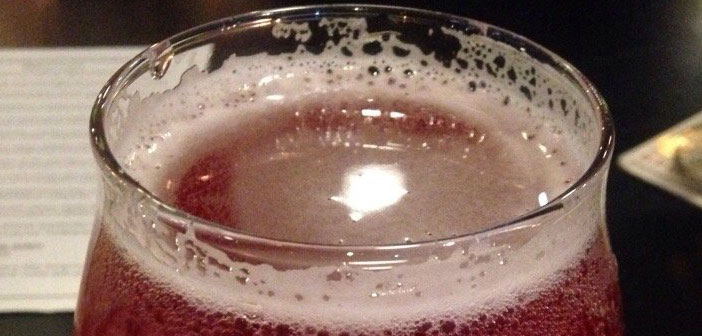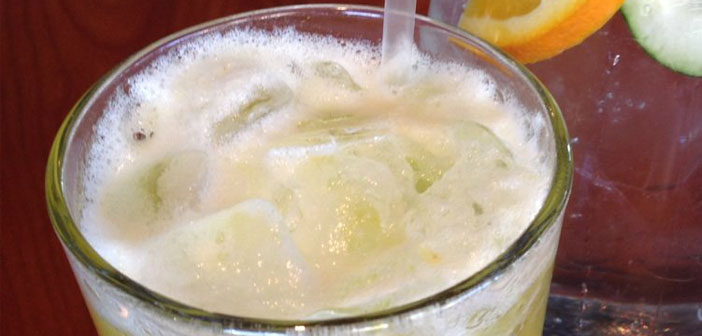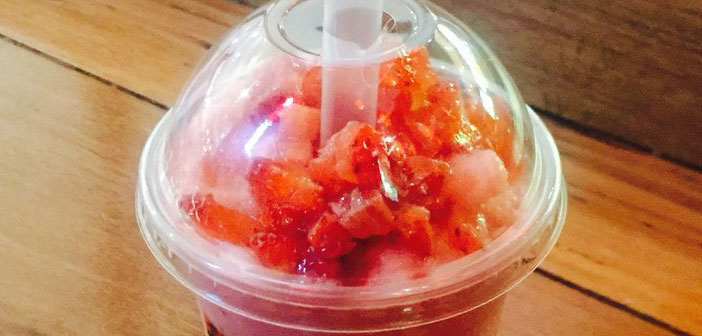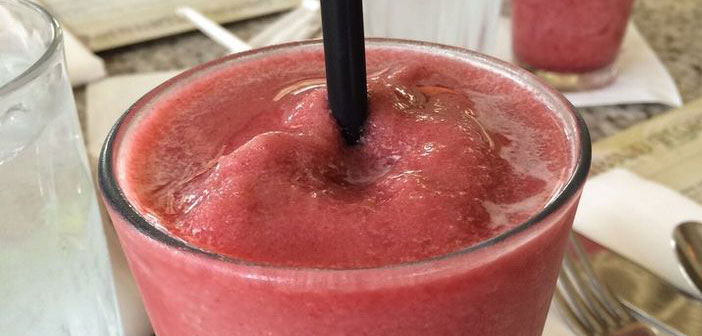Can Alcohol Impair Muscle Growth and Fitness Levels?
Impairs Muscle Protein Synthesis: Alcohol consumption can interfere with muscle protein synthesis, which is the process by which muscle tissue is built and repaired. Alcohol disrupts the hormonal balance in the body, reducing testosterone levels and increasing cortisol levels, both of which can negatively impact muscle growth.
Dehydrates the Body: Alcohol is a diuretic, meaning it causes increased urine output. This can lead to dehydration, which impairs muscle function and recovery. Dehydration reduces the body's ability to transport nutrients and oxygen to the muscles, hindering muscle growth and repair.
Reduces Glycogen Stores: Glycogen is the primary energy source for muscles during exercise. Alcohol consumption depletes glycogen stores in the muscles, limiting the energy available for workouts and reducing exercise performance. This can hinder muscle growth and fitness gains.
Affects Sleep Quality: Alcohol can disrupt sleep patterns and reduce the quality of sleep. Adequate sleep is crucial for muscle recovery and growth hormone release, which is important for muscle building. Poor sleep impairs muscle growth and fitness adaptations.
Lowers Motivation and Consistency: Alcohol consumption can affect self-discipline and motivation to engage in regular exercise and maintain a healthy diet. This can lead to inconsistent training and poor adherence to a fitness regimen, ultimately hindering progress in muscle growth and fitness levels.
Impairs Cognitive Function: Excessive alcohol consumption can affect cognitive function, including decision-making and impulse control. This can lead to poor food choices, skipping workouts, or engaging in risky behaviors that can negatively impact fitness goals and overall well-being.
Increases Caloric Intake: Alcoholic drinks often contain empty calories, providing little nutritional value while adding to the overall calorie intake. Consuming excessive calories from alcohol can lead to weight gain and interfere with muscle definition and fitness progress.
It is important to practice moderation and limit alcohol consumption if muscle growth and fitness are a priority. Substituting alcoholic drinks with healthier options, such as water or low-calorie beverages, can help minimize the negative effects on muscle growth and fitness levels.



